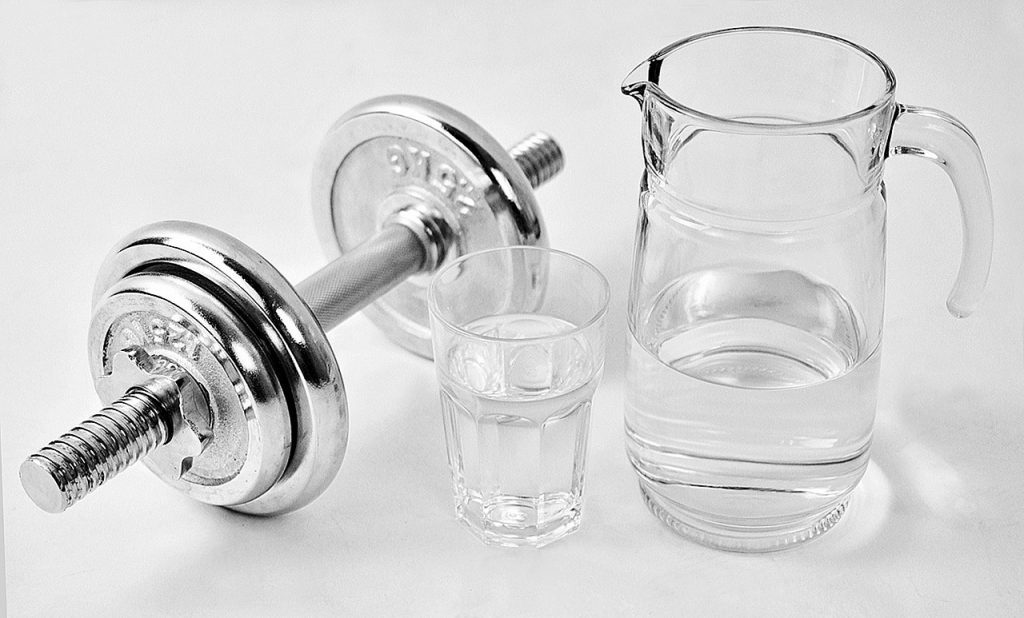Right now, many people are giving a lot of thought to something that just a few months ago might not have been a priority—lung and respiratory system health.
While there isn’t necessarily any way to protect yourself from certain illnesses and viruses, there are things you can do to improve your overall health, which will help you feel your best mentally and physically.
There are some things that are more obvious than others when it comes to respiratory health.
For example, if you’re exposed to certain chemicals, you may develop something called popcorn lung. Popcorn lung can also occur following a severe lung infection like pneumonia or bronchitis.
In these situations where there’s exposure to a toxic chemical or damage from an illness, the treatments are usually something like an immunosuppressive drug.
However, if you don’t have a pre-existing lung condition, there are things you can do to give your respiratory system a boost.

Understanding the Respiratory System
First, it’s important to understand your respiratory system and how it works. The respiratory system actually starts with your nose, and also includes your throat, windpipe, and lungs.
Your respiratory system brings air into your body as you take breaths. Then, the oxygen from your breaths goes through the lungs and into the bloodstream. At that point, the oxygen is delivered to all of your cells.
The lungs are unique from other organs because they are connected to your environment. What you breathe in can affect your lungs.
Respiratory conditions such as COPD can develop because of repeated exposure to environmental toxins, or because of lifestyle choices such as smoking. If you smoke, quitting can help your lung health drastically. When you smoke, it causes chronic inflammation in your lungs, which can lead to chronic bronchitis, among other issues.
Diaphragmatic Breathing

Along with avoiding things like smoking and vaping, one simple thing you can do to help your lungs be strong is called diaphragmatic breathing.
If you have lung problems like asthma or chronic bronchitis, your doctor may recommend you regularly practice these breathing techniques.
Diaphragmatic breathing means you focus on having a sense of awareness in your diaphragm. You breathe in deeply, focusing on lowering your diaphragm.
Even just deep breathing exercises can be helpful as well and can help you improve your lung capacity.
If you want to help your lung capacity, you can count your breaths.
When you count your breaths, you increase how long your inhalations are, as well as your exhalations.
Start out by counting how long it takes you to take a natural breath. Then as you determine the average amount of time it takes you for a breath, try to add onto that without making yourself uncomfortable gradually.
Do Strength Training Targeting Your Upper Body

When you do upper-body strength training, it can help your lungs and your respiratory system.
Weight training increases bone strength, first of all, and reduced bone strength is linked with more challenges with the respiratory system.
Also, when you do weight work targeting your upper body, it can strengthen the muscles that make up your back, chest, and shoulders, and that can help your posture which then allows you to take deep, full breaths.
Your posture is relevant to lung capacity because you want your lungs to have plenty of space. If you regularly work at a computer or desk, make sure that frequently you take time out to sit up tall and stretch out.
As well as doing strength training, aerobic activity is necessary too.
You can’t improve your lung function with aerobic exercise, but what you can do is boost your lung capacity.
Lung capacity is a term that refers to how much oxygen you take in with each breath.
While you’re doing aerobic workouts, try to integrate resistance, such as walking or running hills. This makes you have to breathe harder while you’re moving, and that can help lung capacity.
Stay Hydrated

You need to get an adequate amount of water everyday and for essentially every aspect of your health and that includes the health of your respiratory system.
Your lungs have mucosal linings and you want them to stay thin because thin linings mean your lungs are going to be able to function optimally. Staying hydrated keeps the mucosal linings thin.
Finally, eating well is important for your lungs, just like it is for the rest of your body. Choose nutrient and vitamin-dense foods, and try to avoid processed and high-sugar items as much as possible since they can cause inflammation.

